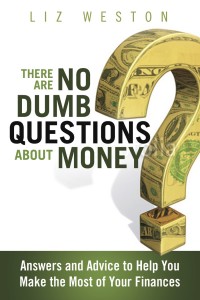Dear Liz: My husband and I are in a huge amount of debt. I understand that there are nonprofit agencies that can sit down with us and help us develop repayment plans and strategies. How do I find a reputable one?
Answer: Contact the National Foundation for Credit Counseling at (800) 388-2227 for a referral to a legitimate, accredited, nonprofit credit counseling agency in your area. A counselor can review your financial situation, help you with budgeting and see whether you’re a candidate for a debt management plan, which would allow you to pay off your credit card debt over time, perhaps at a lower interest rate.
You also should consider making an appointment with an experienced bankruptcy attorney. You can get referrals from the National Assn. of Consumer Bankruptcy Attorneys at http://www.nacba.org. A credit counselor may try to steer you away from bankruptcy, whereas an attorney can let you know if it might be a better option.
Unfortunately, many people wait too long before they contact a credit counselor. They may be approved for a debt management plan but find themselves unable to stick with the plan long enough to pay off their debt. In other words, they continue to struggle with debt that they ultimately can’t pay. Understanding all your options, including bankruptcy, can help you make a better choice about what to do next.

